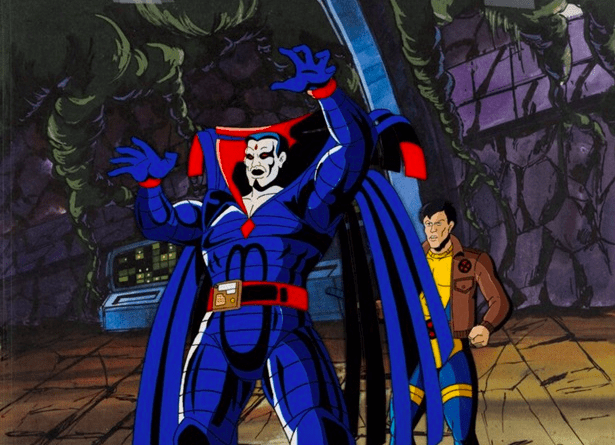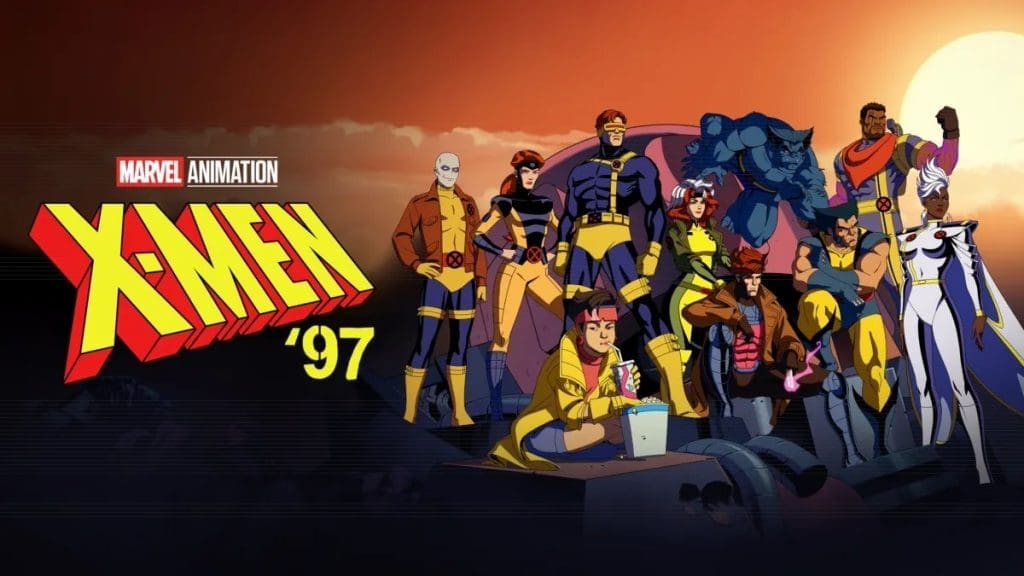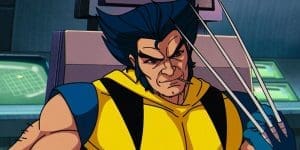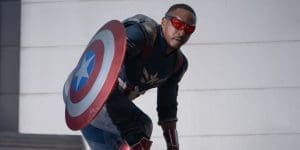Marvel recently unveiled the trailer for its much-anticipated series “X-Men ’97,” set to debut on Disney+ this March 20th. However, the excitement surrounding the revival has been met with criticism, particularly regarding the inclusion of Morph, a non-binary character.

“X-Men ’97,” announced in November 2021, promises to continue the story from where the original animated series left off, with the X-Men grappling with the apparent demise of Charles Xavier. Morph, also known as Kevin Sydney, is a shape-shifting mutant who met his demise in the first episode of “X-Men: The Animated Series” in the ’90s. However, he later returned to collaborate with Mister Sinister, a notorious antagonist in the franchise.

While Morph is an original character for the animated show, he draws inspiration from Changeling, a character introduced in a 1967 comic. Some outlets, particularly those focused on comic book news and YouTube channels, as well as discussions on X-related platforms, have voiced criticisms, asserting that the inclusion of a non-binary character detracts from the essence of the show.
In response, fans have rallied to support the decision, arguing that detractors fail to grasp the fundamental themes of the X-Men franchise. Throughout its history, X-Men has served as an allegory for various social issues, including the Civil Rights Movement, and has provided commentary on marginalized communities. Fans assert that Morph’s inclusion aligns with the franchise’s tradition of addressing social issues and promoting diversity.

Showrunner Beau DeMayo has emphasized the significance of Morph’s character in the series, describing it as a fresh take that explores non-binary representation. DeMayo highlighted Morph’s unique dynamic with Wolverine, a beloved character among fans, suggesting that their relationship will add depth to the storytelling.
Marvel’s decision to include Morph reflects a broader commitment to diversity and representation within its superhero narratives. While some may express discomfort or resistance to change, the inclusion of characters like Morph underscores the evolving landscape of storytelling and the importance of reflecting diverse experiences.
In a surprising revelation, it was disclosed that Eric Lewald, the showrunner for “X-Men: The Animated Series,” initially intended to kill off Thunderbird, a Native American character, in the first episode. However, after facing discomfort from the team, the decision was made to introduce Morph instead, highlighting the complexities involved in character representation and storytelling.
Key Background:
The X-Men franchise, created by Stan Lee and Jack Kirby in 1963, stands as one of Marvel’s most enduring and diverse series. The team, comprised of mutants who are often outcasts in society, has long served as a metaphor for marginalized communities. While the extent of its allegory to the Civil Rights Movement has been debated, the X-Men comics have consistently addressed various social issues, including LGBTQ+ representation. “X-Men: The Animated Series,” which aired from 1992 to 1997, further expanded on these themes, cementing its place in pop culture as a socially conscious and inclusive narrative.
SURPRISING FACT:
According to GameRant, Eric Lewald, the show runner for “X-Men: The Animated Series,” initially planned to kill off Thunderbird, a Native American character, in the show’s debut episode. However, the discomfort expressed by the team led to the introduction of Morph instead.




